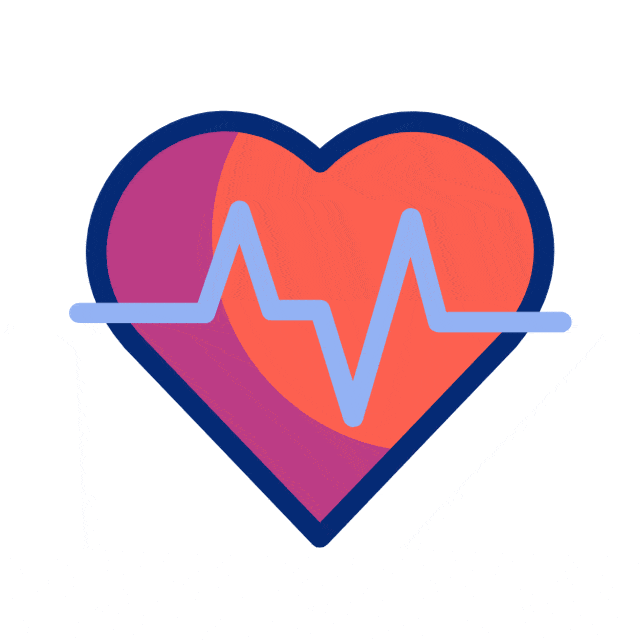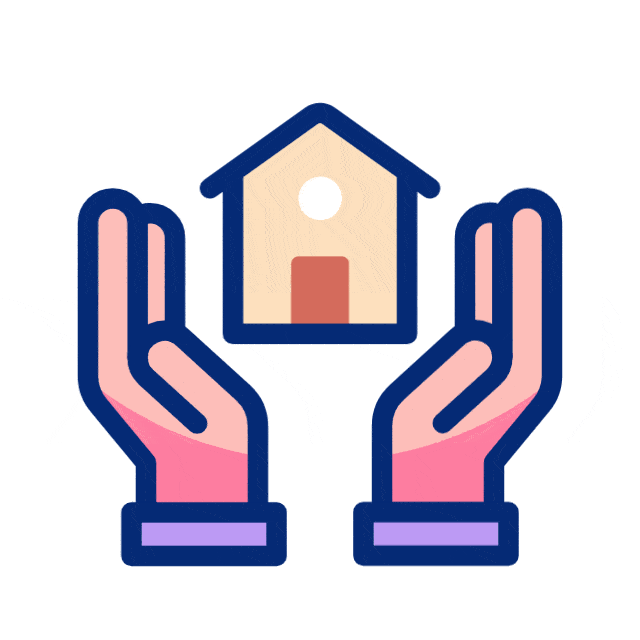Category : Pain
Despite tremendous progress in medicine during the last couple of decades, cancer still remains the most horrifying diagnosis. Thanks to improved treatments, people are living longer and the number of long-term cancer survivors continues to grow. Pain is one of the most common, much-feared and unattended problems for cancer patients.
Cancer pain is chronic and progressive in nature with 30% of patients experiencing pain at diagnosis and 70-80% with advanced cancer. In addition to physical manifestations, cancer pain negatively impacts the quality of life in terms of psychosocial and spiritual well-being. Despite the awareness amongst the health care professionals, cancer pain is undertreated and about a quarter of them actually die in pain. Most cancer pain is manageable, and controlling your pain is an essential part of your treatment.
What causes cancer pain?
Pain can be caused by cancer itself or its treatment including surgery, radiation and chemotherapy. Chemotherapy-induced peripheral neuropathy (CIPN) affects 30-40% of patients undergoing chemotherapy.
Pain could happen if cancer grows into or destroys nearby tissue. As a tumor grows, it can invade nearby tissues, bones, or organs. It can cause direct compression of nerves or spinal cord causing neuropathic pain which is often described as a sharp, burning, electric shock-like sensation with tingling and numbness. The tumor can also release chemicals that can cause pain.
How can you help your doctor understand your cancer pain?
It will help to keep track of your pain by jotting down:
- Location of pain
- How severe is the pain? Using a pain-rating scale from 0 to 10 — with 0 being no pain and 10 being the worst imaginable pain, you can report the pain score to your doctor.
- What is the type of pain? ( stabbing, dull aching, burning, electric shock )
- What makes the pain worse or better?
- How does the pain interfere with the patient’s life, e.g. mobility, activity, work
- What medications you are taking for pain? What are the drugs, doses and side effects of those medications?
Treatment of Cancer pain:
Pain relief in cancer pain cannot be considered in isolation and must be part of a multidisciplinary approach that encompasses physical, psychosocial, and spiritual aspects of pain and suffering. All of these elements of “total pain” must be considered.
Treatment of cancer pain will vary between patients, as different patients may experience different levels of pain even if they have the same form of cancer. How much pain you feel depends on a number of factors, including the type of cancer you have, how advanced it is, where it’s situated and your pain tolerance.
The goals of cancer pain management include:
- Effective treatment of the pain
- Setting realistic goals for pain management
- Providing information, counseling and support to the patient and caregiver
There are different modalities by which the cancer pain can be managed to ensure a good quality of life for the patient till the end of life.
1.Lifestyle changes
Managing cancer pain can be stressful and exhausting. Making lifestyle changes may help lower stress which can improve the quality of life.
- Eat a healthy and nutritious diet. Do regular exercise which is best suitable for you this will help you sleep better at night.
- Try stress-reduction techniques like Guided relaxation, Meditation, Self-hypnosis, Deep breathing, Gentle yoga, Tai chi, Massage to lower stress and anxiety.
- Make sure you have a good support system of friends, family, and other care providers for emotional support and for help with daily chores and activities.
- Consider joining a cancer support group
- Do not use drugs or alcohol to manage stress. This can make both stress and pain worse.
- Get enough sleep. Being overtired can increase pain.
- Heat or cold application for pain relief, use of physical therapy like transcutaneous electrical stimulation (TENS) and rehabilitative plans for optimizing range of motion.
2. Pharmacotherapy of cancer pain
A simple, effective method for the drug therapy of cancer pain has been devised by WHO with five essential concepts: i) By the mouth. ii) By the clock. iii) By the ladder. iv) For the individual. v) With attention to detail.

- Consider early use of opioids, particularly for moderate or severe pain. Use them cautiously in impaired renal function. Side effects of opioids like constipation, nausea and sedation should be managed with appropriate drugs.
- Common adjuvant analgesics like steroids, anticonvulsants, antidepressants and NMDA antagonists, bisphosphonates are used for pain that is not completely opioid responsive, eg neuropathic pain and bone pain.
- Most pain medications are taken by mouth either in pill or liquid form. Oral medications are easy to take and cost-effective. Periodical re-evaluation of medication is essential to finely tune their pain relief and to minimize the adverse effects.
- Other methods for administering pain drugs include: Rectal suppositories, transdermal patches, Injections : Subcutaneous , Subdermal and intramuscular, Intravenous, Epidural or intrathecal injection.
3. Interventional pain management:
When pain medication is ineffective or if the pain is severe interventional techniques should be considered by the experts in the field.
- Nerve blocks using Neurolytic agents or implanted pumps are used to interrupt the pain pathway and provide temporary or permanent pain relief.
- Radiofrequency ablation ( RF ): This is an advanced modality where pain specialist uses a special needle to deliver radiofrequency current into the affected nerve, and destroys it. This procedure has fewer side effects and can provide long-term pain relief.
4. Radiation and chemotherapy
It can reduce the size of tumors which takes the pressure off organs and nerves and relieve pain.
5. Surgery and palliative procedures:
It can reduce the size of tumors (Debulking), drain fluids related to cancer growth (ascites).
What are the reasons for inadequate treatment of cancer pain?
- The reluctance of the primary care physicians to offer treatment due to lack of knowledge and concerns about opioid use and abuse. In that case, request a referral to a pain and palliative care specialist.
- The reluctance of patients to mention their pain.
- Fear of addiction to opioids.
- Fear of side effects.
Management of pain is an important goal in the holistic care of patients with cancer. Pain management should be individualized for every patient with a multidisciplinary approach involving a surgeon, oncologist, pain specialist, psychologist, or physical therapist for the effective treatment of cancer pain. Cancer pain management aims at ensuring a better end-stage quality of life by improving the patient’s functional status.
What are the facilities at JSS hospital, Mysuru for cancer pain management?
JSS hospital is the only hospital in Mysuru providing facility of Pain and Palliative care including interventional pain management. We perform fluoroscopy guided/ USG guided neurolyic blocks and RF ablation technique for cancer pain management. We also dispense oral morphine (opioid) and fentanyl patches for cancer patients. We have a dedicated Pain and Palliative care unit with team of experienced doctors, trained nurses and paramedical staff providing pain relief with multidisciplinary and holistic approach for cancer patients.
SPECIAL NOTE: Cancer and COVID-19 vaccine
It is safe and recommended for all cancer patients to take COVID -19 vaccine as soon as possible after consulting their treating physician.





